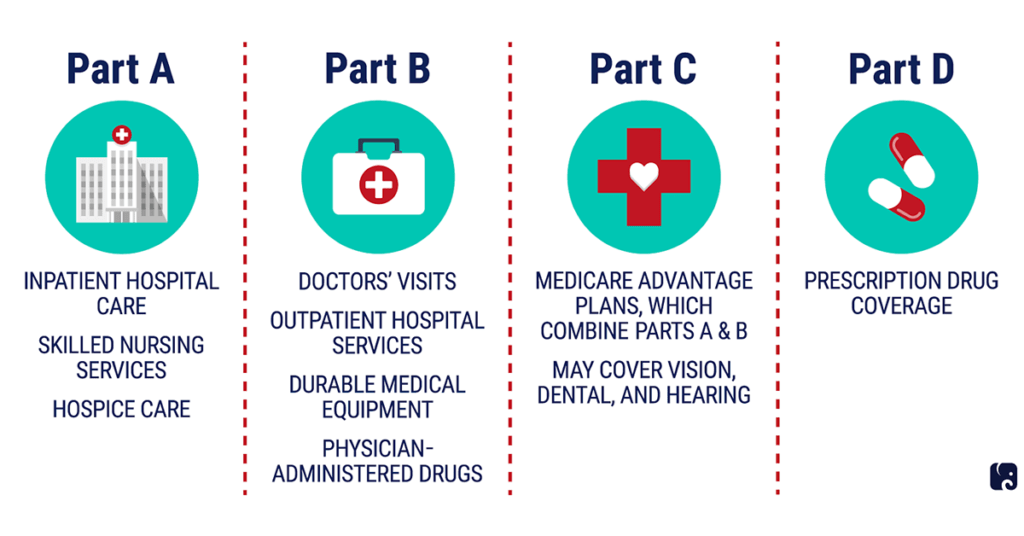
Value-Based Medical Care Is the Future
The Value-Based Healthcare Model Is the Future Fee-for-service billing has been the dominant financial structure throughout the history of modern US healthcare. This payment structure
Overviews of key topics related to US healthcare

The Value-Based Healthcare Model Is the Future Fee-for-service billing has been the dominant financial structure throughout the history of modern US healthcare. This payment structure

It’s no secret that the U.S. healthcare system could benefit from a healthy dose of creativity and innovation. Over the past several decades, healthcare costs

The introduction of the Direct Contracting model by the Centers for Medicare and Medicaid Services (CMS) has attracted much attention. The model offers an opportunity

Starting in March of 2020, healthcare practices began to see the profound impact of COVID. As the pandemic forced quarantines, lockdowns, and isolation, providers saw

For years, Medicare Advantage plans have provided an alternative path for Medicare beneficiaries to access their benefits. Instead of accessing their Medicare benefits directly through

Efforts to move American healthcare systems toward a value-based healthcare model continue to evolve. The Center for Medicare and Medicaid Services (CMS) is invested in

For decades, the Center for Medicare and Medicaid Services (CMS) has embraced a fee-for-service reimbursement model, just as the rest of the US healthcare system

While the pandemic has affected a number of industries, its impact on the healthcare sector is particularly pervasive. Elective procedures and visits were put on

Direct Contracting strives to create high-value patient care by empowering providers to better serve patients. By changing reimbursement models and encouraging risk-sharing, the CMMI Direct

For many providers, the permutations of program tracks and risk models in Medicare’s new Direct Contracting model can be overwhelming. First, it is critical to

Throughout the history of U.S. healthcare, the predominant mechanism for financial compensation has been fee-for-service: hospitals, doctors and providers have been compensated based on the

As Medicare programs move toward risk-based contracting, there will be challenges in care coordination across these transitions. Accountable Care Organizations (ACOs) and Direct Contracting Entities

Over the last several years, the Centers for Medicare and Medicaid Services (CMS) has increasingly invested in innovative Medicare programs. An exemplary model is the

Effective healthcare strives to provide quality health services in an efficient manner at reasonable costs. Naturally, achieving these goals can be challenging, especially when high-quality

Health Maintenance Organizations (HMOs) managed the care of over 95 million Americans in 2018. These entities are legal insurance organizations characterized by shared technology across

The independent doctor, operating autonomously from a large health system, has long been a fixture of society. After all, a doctor who “hangs their own

In value-based care medicine, there are three important goals: enhancing the quality of care, reducing healthcare costs, and improving the patient experience. In combination, these

Medicare is the health coverage program administered by the Centers for Medicare and Medicaid Services (CMS). This program uses public funds to pay for care,

The term “capitation” may bring back some bad memories for providers who have been practicing for a long time. In the 1980s, health maintenance organizations

When it comes to healthcare value, the U.S. is far from being a global leader. For half a century, the country has watched healthcare expenditures

Despite being the most advanced nation in the world, the U.S. struggles with healthcare. As is often noted, the U.S. spends roughly double per capita